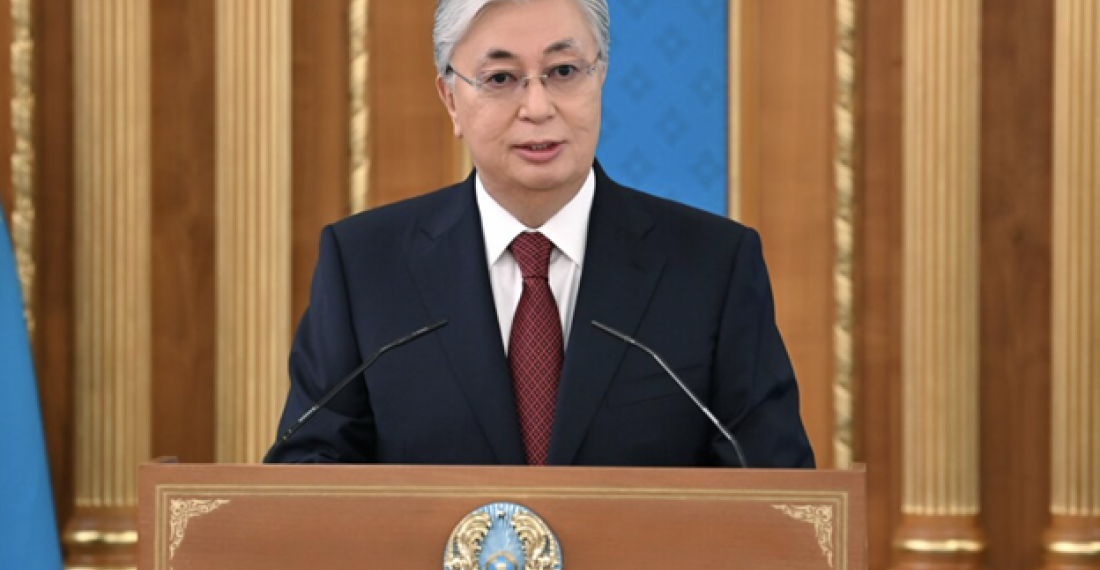Preparations are well under way ahead of forthcoming presidential elections in Kazakhstan, scheduled for 20 November.
All five candidates running for the post оfficially submitted their documents to the Central Election Commission (CEC), according to the Commission's press service.
This will be the first election under a new constitution. The winner will serve only for one term of seven years.
The CEC confirmed that presidential candidates, the incumbent President Kassym-Jomart Tokayev, Meiram Kazhyken, and Zhiguli Dairabayev meet all requirements for candidates to run in the elections.
Tokayev is running as the candidate from the people’s coalition, which was formed on Oct. 6 and united over 30 non-governmental organizations and parties.
Kazhyken, a candidate from the Amanat Trade Unions Commonwealth, is the head of the Astana School of Economics at the Astana International Science Complex (ISCA).
Dairabayev, the Auyl Party’s (village in Kazakh) candidate, is the chair of the Agro-Industrial Complex Committee at the Atameken National Chamber of Entrepreneurs and the chair of the Association of Farmers.
The National Social Democratic Party (NSDP) put forward the candidacy of Nurlan Auyesbayev, head of their Astana division. Considered an opposition party, the NSDP aims to fight oligarchy, corruption, poverty, and class division.
On 7 October, the National Alliance of Professional Social Workers nominated a female candidate, Karakat Abden, in the upcoming elections during an association meeting in Astana.
Abden, a mother of four children, is a public figure, a member of the National Commission for Women Affairs, Family and Demographic Policy, a non-staff adviser to Astana Akim (mayor) on social issues, and a member of the capital’s public council.
The nomination of candidates for the Nov. 20 presidential elections started on Sept. 23 and will close today.







